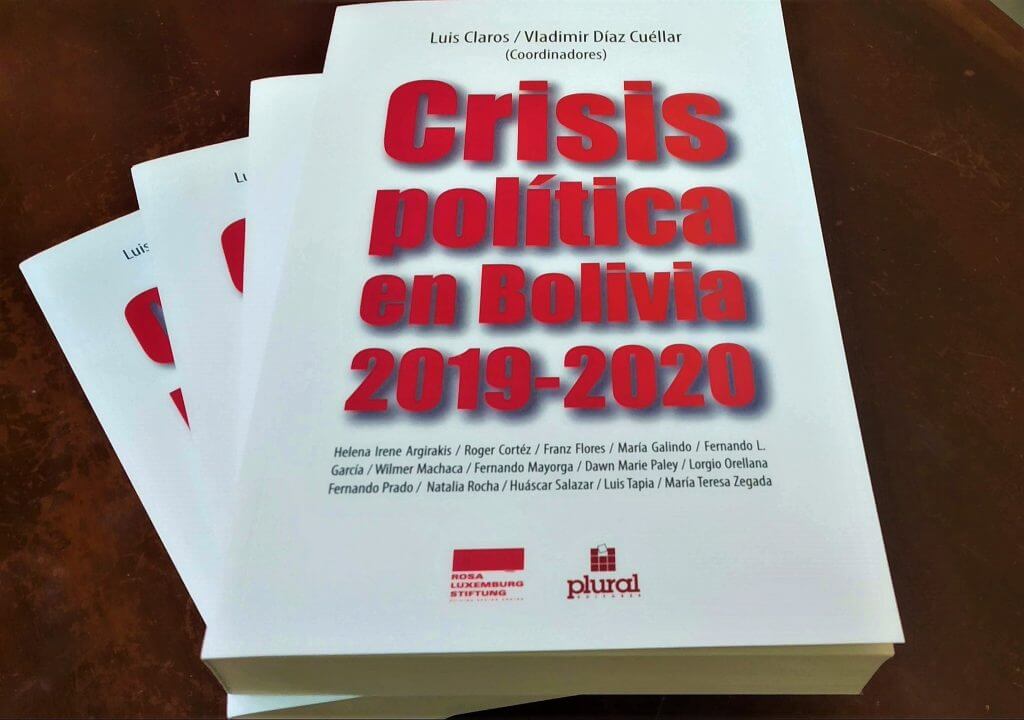Índice
Introduction*
The most recent report of the Intergovernmental Panel on Climate Change (IPCC) corroborated what had already been said in previous reports, but with more precise and more robust data: that the process of global warming is affecting both land and ocean, and that the scale of the recent changes is unprecedented in the history of the planet (IPCC 2021). In recent years it has also been recognized that the impacts of climate change on human populations are determined, or strongly influenced, by pre-existing social inequities that produce “more vulnerable populations, with differentiated risks created by social, economic, cultural, ethnic and gender marginalization” (Arana Zegarra 2017: 1, see also IPCC 2001). In this sense, gender-differentiated impacts of climate change are now recognized, as are the gender-differentiated contributions to climate change, that is, the differentiated contribution of women and men to greenhouse gas (GHG) emissions (CIM 2008, Stock 2012).
The central proposal of this document is that having emerged within the dominant notion of climate change, the prevailing gender approach is concerned with how climate change will affect societies’ ability to develop, adapt and mitigate (Stock 2012, Arana Zegarra 2017). That is, by highlighting gender inequalities, its goal is to propose pragmatic solutions as components of the strategies set out by global climate change governance, while ignoring the underlying structures that simultaneously produce climate change and gender inequalities1. In contrast, we note the emergence over the last few decades of multiple feminist trends in Latin America, which along with feminisms from other geopolitical and geo-epistemic southern regions, offer more comprehensive criticisms, based on intersecting perspectives, with regard to the causes of the global environmental crisis, while also developing multiple strategies of struggle to combat them.
The feminist critical approach we present in this document is a result of questioning a climate change management that overlooks the systemic and civilizational crisis caused by the modern colonial patriarchal capitalist system, of which climate change is a symptom. In addition, our critical approach brings together the knowledge and conceptualizations of the feminist praxis of Latin American and other southern regions in the hope these will nurture debate about integrating a gender approach into climate change action.
* Document prepared with the support of the Rosa Luxemburg Foundation Andean Countries Office Quito, 2021
1 An exception to this prevailing view are the NGOs that form part of the international network Climate Justice Now! (CJN!) that take a critical view of globalization: “Although not all CJN! member organizations lobby for gender issues to the same extent, all of them are governed by the principle ‘There is no climate justice without gender justice’” (Schalatek 2010: 19).





